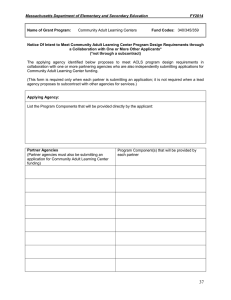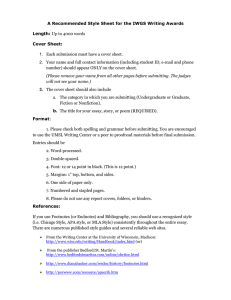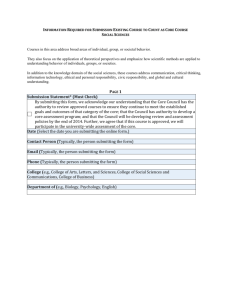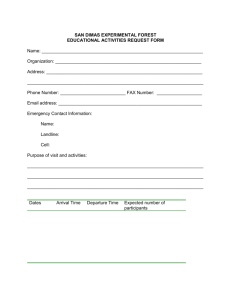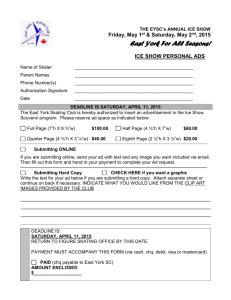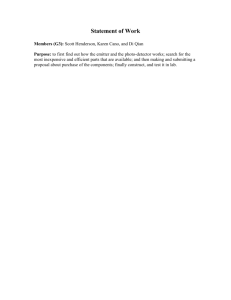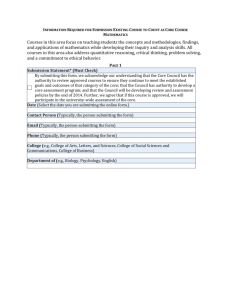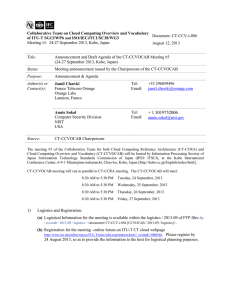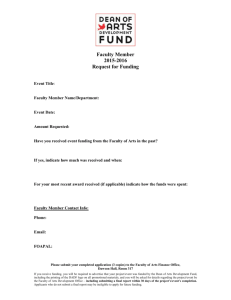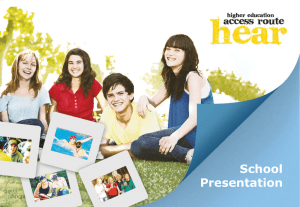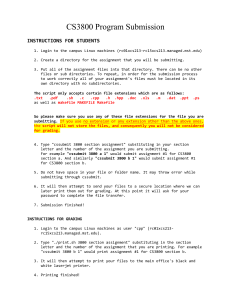Information Required for Submission Existing Course to Count as
advertisement
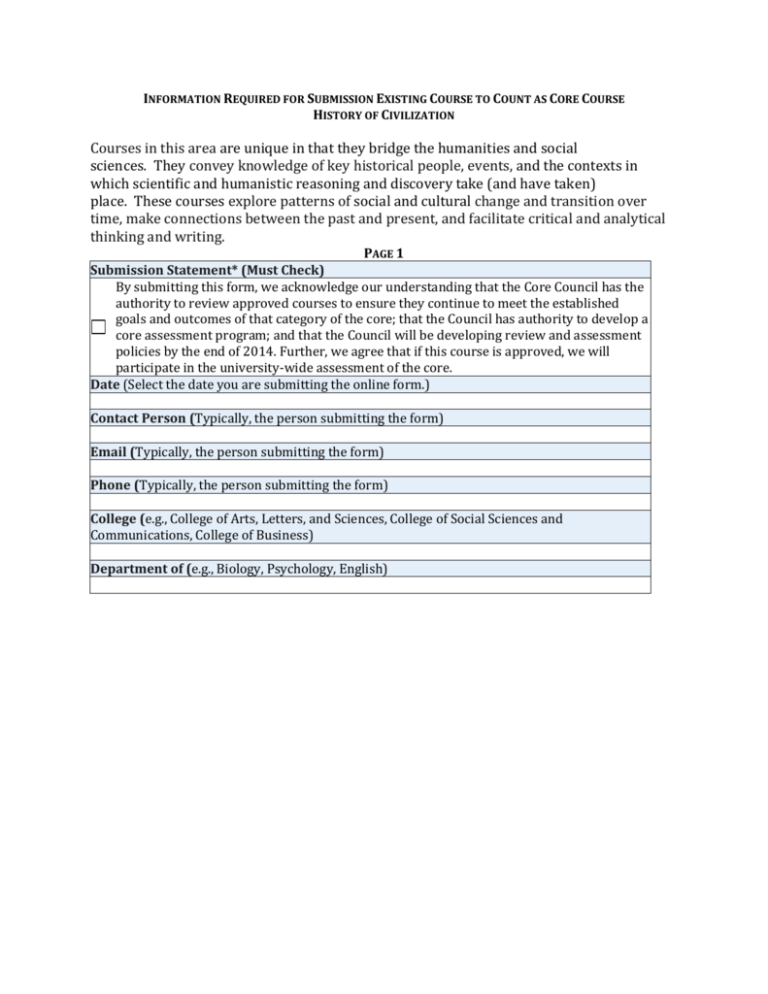
INFORMATION REQUIRED FOR SUBMISSION EXISTING COURSE TO COUNT AS CORE COURSE HISTORY OF CIVILIZATION Courses in this area are unique in that they bridge the humanities and social sciences. They convey knowledge of key historical people, events, and the contexts in which scientific and humanistic reasoning and discovery take (and have taken) place. These courses explore patterns of social and cultural change and transition over time, make connections between the past and present, and facilitate critical and analytical thinking and writing. PAGE 1 Submission Statement* (Must Check) By submitting this form, we acknowledge our understanding that the Core Council has the authority to review approved courses to ensure they continue to meet the established goals and outcomes of that category of the core; that the Council has authority to develop a core assessment program; and that the Council will be developing review and assessment policies by the end of 2014. Further, we agree that if this course is approved, we will participate in the university-wide assessment of the core. Date (Select the date you are submitting the online form.) Contact Person (Typically, the person submitting the form) Email (Typically, the person submitting the form) Phone (Typically, the person submitting the form) College (e.g., College of Arts, Letters, and Sciences, College of Social Sciences and Communications, College of Business) Department of (e.g., Biology, Psychology, English) PAGE 2 Course ID (e.g., ENG 2337, CRJU 2300, PSYC 2300) Course Title (e.g., World Literature, Introduction to Criminal Justice, Psychology and the Human Experience) Existing Catalog Description (In this section, please provide the course catalog description.) How will your department ensure a level of consistency among sections of this course? (Please provide a narrative on how your department will ensure a level of consistency among various sections of this course. Be sure to include how this course will be consistent among different faculty members, adjuncts, student teachers, and various sections that may be offered online.) PAGE 3 Knowledge 1 – The concepts, methodologies, findings, and applications of mathematics and the social and natural sciences, engineering and technology Learning Outcomes Students will . . . 1. develop a foundational knowledge of historical information and historical methodology; 2. understand how historical context shapes the human experience; Learning Objectives-Knowledge 1.1 Assignments-Knowledge 1.1 Explanation-Knowledge 1.1 Learning Objectives-Knowledge 1.2 Assignments-Knowledge 1.2 Explanation-Knowledge 1.2 PAGE 4 Knowledge 2 – The concepts, methodologies, and the global cultural heritage of the arts and humanities Learning Outcomes Students will . . . 1. understand the inter-relatedness of historical events and the interaction between differing groups and societies; 2. understand the role of science and technology in the development of civilization; Learning Objectives-Knowledge 2.1 Assignments-Knowledge 2.1 Explanation-Knowledge 2.1 Learning Objectives-Knowledge 2.2 Assignments-Knowledge 2.2 Explanation-Knowledge 2.2 PAGE 5 Skills 1 – Communication (oral, written, visual, second language; professional self- presentation) Learning Outcomes Students will . . . 1. communicate using language appropriate to the discipline of history, orally and in writing; Learning Objectives-Skills 1.1 Assignments-Skills 1.1 Explanation-Skills 1.1 Learning Objectives-Skills 1.2 Assignments-Skills 1.2 Explanation-Skills 1.2 PAGE 6 Skills 2 – Critical thinking, quantitative reasoning and solving problems individually and collaboratively Learning Outcomes Students will . . . 1. use appropriate methods of inquiry to analyze historical readings and ask relevant historical questions; 2. find, evaluate, analyze, and synthesize primary and secondary sources to reach conclusions about the history of cultures and civilizations; Learning Objectives-Skills 2.1 Assignments-Skills 2.1 Explanation-Skills 2.1 Learning Objectives-Skills 2.2 Assignments-Skills 2.2 Explanation-Skills 2.2 PAGE 7 Skills 3 – Information Technology (Locating, retrieving, evaluating, synthesizing) Learning Outcomes Students will . . . 1. use appropriate technological resources to find appropriate primary and secondary sources; Learning Objectives-Skills 3.1 Assignments-Skills 3.1 Explanation-Skills 3.1 PAGE 8 Values 1– Ethical and Personal Responsibility Learning Outcomes Students will . . . 1. develop commitment to academic integrity and take responsibility for completing assignments in an ethical manner, working on one’s own when required and acknowledging resources when used; 2. recognize the value of and demonstrate respect for diverse points of view; Learning Objectives-Values 1.1 Assignments-Values 1.1 Explanation-Values 1.1 Learning Objectives-Values 1.2 Assignments-Values 1.2 Explanation-Values 1.2 PAGE 9 Values 2 – Civic Responsibilities Learning Outcomes Students will . . . 1. understand the ethical implications of research, methods, knowledge in addressing cultural issues. Learning Objectives-Values 2.1 Assignments-Values 2.1 Explanation-Values 2.1 Additional Comments
